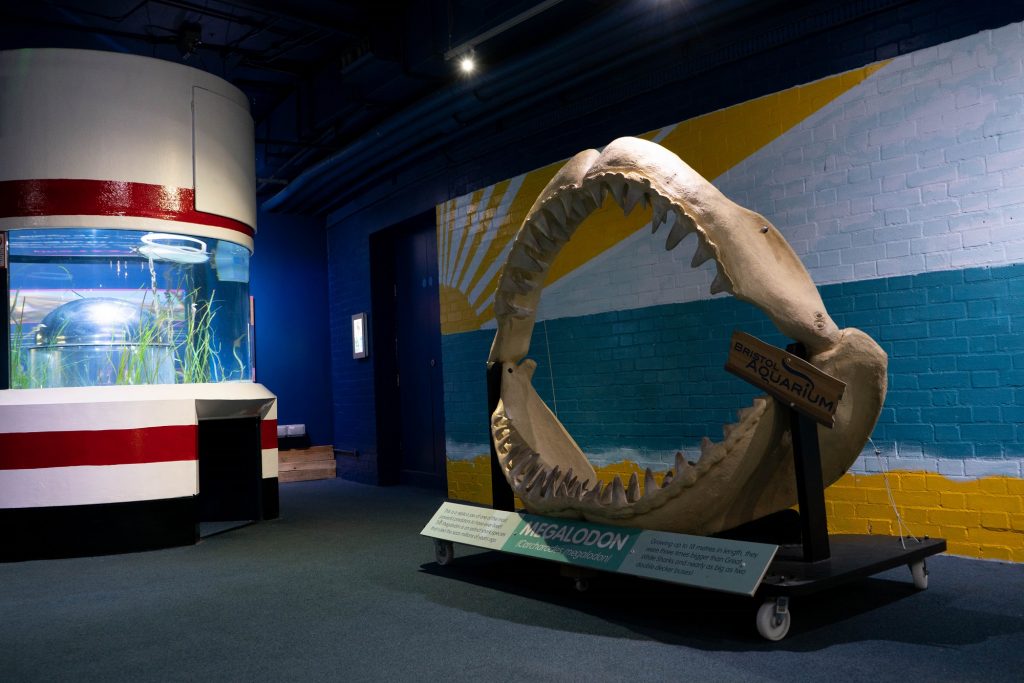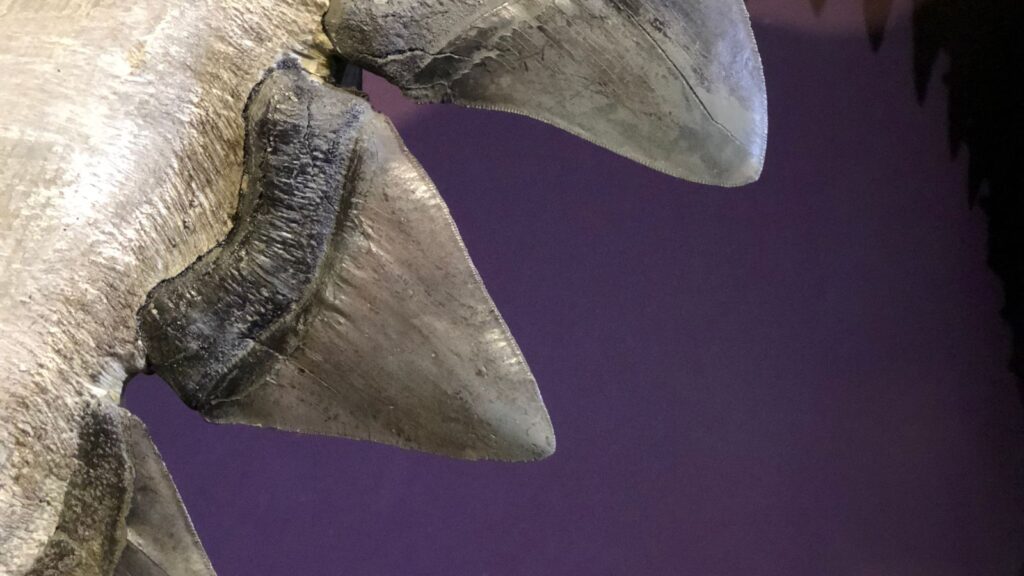The Megalodon was a brilliant creature that is well known for being the ruler of the sea. This predator is an interesting study, so we wanted to share some facts with you!

When and why did the Megalodon become extinct?
The earliest megalodon fossils (Otodus megalodon, previously known as Carcharodon or Carcharocles megalodon) date to 20 million years ago. For the next 13 million years the enormous shark dominated the oceans until becoming extinct just 3.6 million years ago.
We know that megalodon had become extinct by the end of the Pliocene (2.6 million years ago). This was when the planet entered a phase of global cooling. When the last megalodon died is not known. However, new evidence suggests that it was at least 3.6 million years ago.
As the sharks depended on tropical waters, the drop in ocean temperatures likely resulted in a significant loss of habitat.

Exactly how big were they?
Well, estimates suggest megalodons actually grew to between 15 and 18 meters in length! This is three times longer than the largest recorded great white shark! Imagine seeing that while having a swim in the sea.
These figures are based on tooth size, as there is no complete skeleton to measure. Megalodon teeth can reach 18 centimetres long. Did you know the word megalodon means ‘large tooth’?
The powerful jaws of a megalodon were filled with 276 teeth! It’s believed that it may have been one of the most powerful predators ever to have existed!
Where in the ocean would you find a Megalodon?
They adapted to warm tropical and subtropical locations around the globe. Megalodons were so widely spread that their teeth have been found on every continent except Antarctica. You can learn more about Megalodons at our Prehistoric Sealife event this Easter
